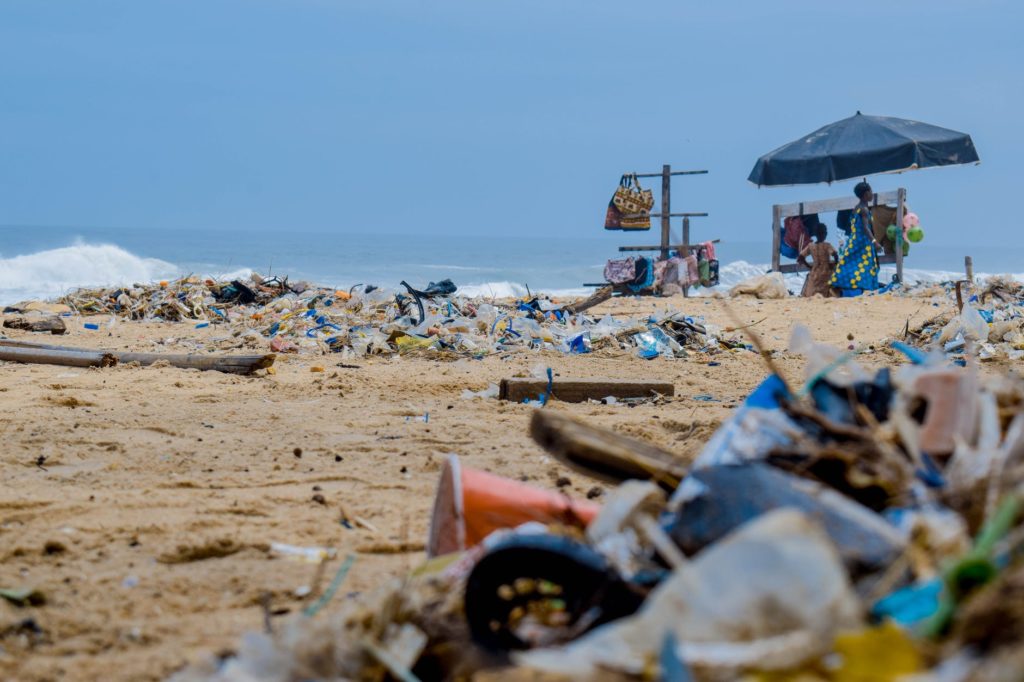Marine litter such as plastic, chemicals and fossil fuels have been found both at the surface and at the bottom of the ocean. This threatens the survival of sea creatures, who can often get caught in this waste material or might mistake it for food.
However, creative ways of reducing plastic pollution are now surfacing in the form of whale sharks and four-wheeled robots. These floating drones have been designed to remove litter from the oceans, Bloomberg reports.
Biologist Nikoleta Bellou, who has led research on innovative solutions to tackle marine litter says, “[We] already have polluted the oceans and we need to do something to retrieve that, simultaneously to all the actions needed to reduce pollution at the source.”
In her article, she, along with other researchers, provide a comprehensive analysis of solutions developed globally to prevent, monitor and clean marine litter. They add that the solutions provided are aimed at preventing litter from entering the oceans and seas, instead of a focus on waste reduction and recycling.
According to Bloomberg, some of the solutions that have been invented over the past few years include sea garbage bins, giant plastic-collecting barriers and a marine drone that collects floating garbage through a wide opening that mimics the mouths of whale sharks.
BeachBot forms part of this list, and describes a garbage-collecting rover that picks up small litter like cigarette butts and plastic bottle caps from beaches.

“It’s nice to develop a robot solution, but that’s not the solution to the wider problem,” one of the creators, Edwin Bos said. “[Behaviour] needs to change and our goal is to make people interact and engage with the robot to make it smarter, but also to learn about the impact of litter themselves.”
Both Edwin Bos and Martijn Lukaart, who has helped to create BeachBot, said that the next challenge is to find the right business model to ensure that this robot solution doesn’t only clean, but also educates the public and changes behaviours, Bloomberg adds.
Bellou’s paper drew the conclusion that there is still much more to be done before leaving a mark in the fight against ocean plastic pollution.
“We have focused on what we see, because what we see is what bothers us,” Bellou said. “But there are still so many gaps that need to be filled.”
Picture: Pexels / Supplied

